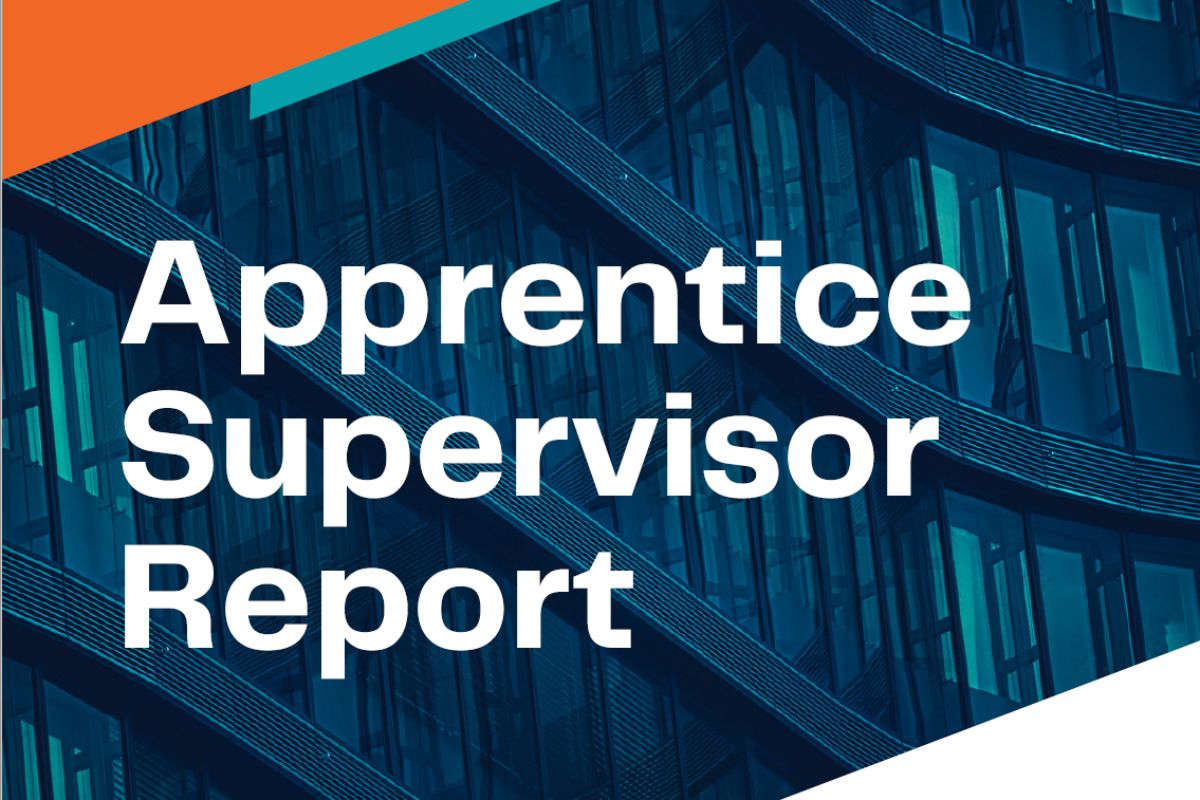The Cost-of-Living Crisis, Universal Credit, Jobs and Skills Training

Nearly all of the measures in the Growth Plan published on Friday 23rd September have now been reversed by Jeremy Hunt, the new Chancellor. A critical question still remains: what is the plan for those claiming welfare benefits, including Universal Credit? We hope the Medium Term Fiscal Plan at the end of October will give claimants clarity over the amount of support they can expect. So far, Universal Credit has only been mentioned in the context of sanctions and increased work conditionality, as a means of addressing inactivity and moving more claimants into full-time work. The government has not provided a framework for either upskilling or part-time training alongside work.
Part-Time Training Under Universal Credit
Training and claiming can already be difficult under Universal Credit. The rules around what constitutes a breach of the claimant commitment are not clear. If a claimant is directed by their Work Coach to participate in a DWP skills programme this will be counted as time spent preparing for work. Otherwise, the approach is largely discretionary, down to the case-by-case decision of the Work Coach. Others looking to train part-time may risk losing their entire award. They may be found to be ineligible due to “undertaking a course of study or training that is not compatible with any work-related requirement”.
Two Strategies
The government’s plan for benefit claimants is a two-pronged approach, the first part of which involves increasing Universal Credit’s Administrative Earnings Threshold to 15 hours at National Minimum Wage. This will increase the number of part-time workers under the Intensive Work Search regime, meaning these workers will be expected to actively look for additional work. Secondly, the Government plans to tighten the sanctions regime to punitively impact those who do not meet these requirements.
For people on Universal Credit who currently work part time, raising the Administrative Earnings Threshold will not necessarily encourage a move towards meaningful, better-paid work. The policy focus remains on increasing hours, not skills.
Increasing the threshold also relies on the assumption that part time workers can simply ask to increase their hours or wages. With employers also looking to cut costs, this may not be an option. In this case the claimant may have to seek a second job, dividing their attention and leaving no room for career progression.
Cracking the Whip with Sanctions
When claimants’ awards are so dependent on the Work Coach’s discretion, the tone of the policy matters. Policy in Practice has previously written about the uneven application of sanctions, finding that the number of claimants sanctioned varies dramatically by local authority area as a result of this discretionary approach.
If the DWP strengthens the sanctions regime, there may be less room for leniency where the rules do not explicitly provide for a claimant to undertake training.
For some claimants, this could mean sanctions of between 50% to 100% of their Standard Allowance, leaving them with less to live on while costs skyrocket. Imagine a single claimant aged 25 with no children or housing costs. They work 12 hours a week at minimum wage and have found a training course that they feel will increase their skills and employability. If their Work Coach disagrees and asks them to take steps to seek a second job instead, they could be sanctioned if they do not do so.
A sanction for a “failure to take all reasonable actions to find paid work or increase your earnings from work” would be a “medium” level sanction, which would last for 28 days the first time it is issued. They would lose 100% of their Standard Allowance for 28 days, effectively meaning the loss of an entire month’s Universal Credit income. For that month, they would have to meet their rising costs on their earnings of just £114 per week.
Tackling Inactivity and Incentivising Skilled Work
The government’s plan aims to tackle “inactivity” yet most people would agree that those trying to gain new skills to contribute to the workforce are far from “inactive”. There are better ways to incentivise skilled work that do not rely on punitive measures such as sanctions. Policy in Practice has recommended an increase to the Universal Credit Work Allowances, restoring them to 2015 levels, as a way to encourage more people into work and boost incomes to help meet essential costs during the cost-of-living crisis.
Recommendation 1
The DWP should enable claimants to undertake relevant training and retraining as part of any growth strategy.
Recommendation 2
Time spent gaining “the right skills” should count towards the claimant’s Work Search Requirements.
Recommendation 3
Clear guidance should be published outlining what working claimants can do in terms of part-time training while receiving Universal Credit, rather than relying on Work Coach discretion.
By Sophia Warren, Senior Policy Analyst, Policy in Practice
This article is part of Campaign for Learning’s series: Learning in the cold: The Cost-of-Living Crisis and Post-16 Education and Skills
Order of series
Day 1
Friday 21st October
- Louise Murphy, Economist, Resolution Foundation: The Cost-of-Living and the Energy Crisis for Households
- James Kewin, Deputy Chief Executive, Sixth Form Colleges Association: The Cost-of-Living Crisis and 16-19 Year-Olds in Full-Time Further Education
Day 2
Saturday 22nd October
- Becci Newton, Public Policy Research Director, Institute for Employment Studies: The Cost-of-Living Crisis and 16-18 Year-Olds in Jobs with Apprenticeships
- Zach Wilson, Senior Analysis Officer and Andrea Barry, Analysis Manager, Youth Futures Foundation: The Cost-of-Living Crisis and 16-24 Year-Olds ‘Not in Full-Time Education’
Day 3
Monday 24th October
- Nick Hillman, Director, Higher Education Policy Institute: The Cost-of-Living Crisis and Full-Time and Postgraduate Higher Education
- Liz Marr, Pro-Vice Chancellor – Students, The Open University: The Cost-of-Living Crisis and Part-Time Higher Education in England
Day 4
Tuesday 25th October
- Steve Hewitt, Further Education Consultant: The Cost-of-Living Crisis: Access to HE and Foundation Year Programmes
- Sophia Warren, Senior Policy Analyst, Policy in Practice: The Cost-of-Living Crisis, Universal Credit, Jobs and Skills Training
Day 5
Wednesday 26th October
- Paul Bivand, Independent Labour Market Analyst: Economic Inactivity by the Over 50s, the Cost-of-Living Crisis and Adult Training
- Aidan Relf, Skills Consultant: The Cost-of-Living Crisis and Employer Demand for Level 2-7 Apprenticeships
Day 6
Thursday 27th October
- Mandy Crawford-Lee, Chief Executive, UVAC: The Cost-of-Living Crisis and Employer Demand for Level 4+ Apprenticeships and Part-Time Technical Education
- Simon Parkinson, Chief Executive, WEA: The Cost-of-Living Crisis and Adult Community Learning
Day 7
Friday 28th October
- David Hughes, Chief Executive, AoC: The Cost-of-Living Crisis and FE Colleges
- Jane Hickie, Chief Executive, AELP: The Cost-of-Living Crisis and Independent Training Providers
Day 8
Saturday 29th October
- Susan Pember, Policy Director, HOLEX: The Cost-of-Living Crisis and Adult Education Providers
- Martin Jones, Vice-Chancellor and David Etherington, Professor of Local and Regional Economic Development, Staffordshire University: The Cost-of-Living Crisis – The Response of Staffordshire University
- Chris Hale, Policy Director, Universities UK: The Cost-of-Living Crisis and Universities











Responses